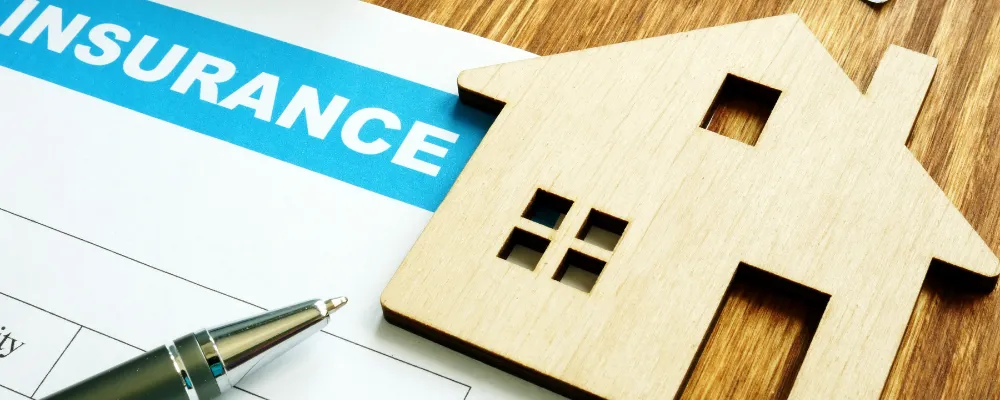Homeowners insurance is an essential investment for protecting your property and belongings. However, when it comes to air conditioning units, many homeowners are left wondering if they are covered in the event of damage or loss. In this article, we will explore the ins and outs of homeowners insurance concerning AC units and provide valuable tips to ensure you make the best decisions for your home comfort.
Ins and Outs of Homeowners Insurance
A standard homeowners insurance policy is a financial safety net for many property owners. It can cover various potential insurance products, such as personal liability, dwelling coverage, and personal property coverage. Understanding the ins and outs of homeowners insurance policy terms can be challenging. But, gaining knowledge about these policies can help you save money and avoid any unpleasant surprises in case of a claim.
Key Components of Homeowners Insurance
Homeowner’s policies comprise different types of coverage, all designed to protect you and your property in different circumstances. Key components include dwelling coverage, which helps pay for repair or rebuild costs if your home is damaged by a covered peril.
Personal property coverage helps replace your belongings if they are stolen or damaged. Liability coverage protects you if you are legally held responsible for an accident that injures another person or damages their property.
Claims and Premiums: How They Work
Homeowner’s insurance claim processes can vary greatly depending on your insurance company and the nature of the claim. Generally, you will need to report the incident to your insurer, provide the necessary documentation, and possibly arrange for an inspection of the damages.

Homeowners Insurance and Air Conditioning Units
When protecting your HVAC systems, homeowners insurance policies can be a bit of a minefield. Understanding how your homeowner’s insurance cover HVAC systems such as your central AC unit is crucial.
Does Homeowners Insurance Cover AC Units?
Typically, a standard homeowners insurance policy will cover damages to an air conditioner if the damage is caused by a covered peril listed in the policy. For instance, if your AC is damaged due to fire or vandalism, the policy should cover the repair costs.
Instances When Your Homeowners Insurance Does Not Cover AC Units
While insurance products typically offer broad protection, homeowners insurance does not cover all types of damage. If your central air system or window AC unit is damaged due to neglect or regular wear and tear, your homeowner’s insurance will not typically cover this.

Claiming AC Losses or Damages
If you end up needing to file a claim for your air conditioning unit, the process will be similar to any other homeowners insurance claim. It’s essential to provide your insurance company with details of the damage, any police reports if applicable, and estimates for repair or replacement.
As a policyholder, you should also understand the implications of your insurance disclosure. Any claims made under a standard homeowners insurance policy can affect your rates and may remain on your record, impacting your premiums for years to come.
Tips to Ensure Your AC Coverage
When it comes to homeowners insurance and AC, understanding the insurance policy terms can aid you in securing the right coverage for your air conditioner. Regular maintenance and annual service check-ups of your HVAC systems might make the difference between approving or denying your insurance claim.
1. Review your homeowner’s insurance policy
The first step is to carefully review your homeowner’s insurance policy to understand what it covers in relation to your AC unit. While policies can vary, most standard homeowners insurance policies cover AC units in certain circumstances. The coverage typically includes damage caused by covered perils such as fire, smoke, lightning, power surges, theft, vandalism, fallen trees, and weather-related events like wind damage [1]. However, it’s important to note that normal wear and tear, mechanical breakdowns, and maintenance-related issues are usually not covered.
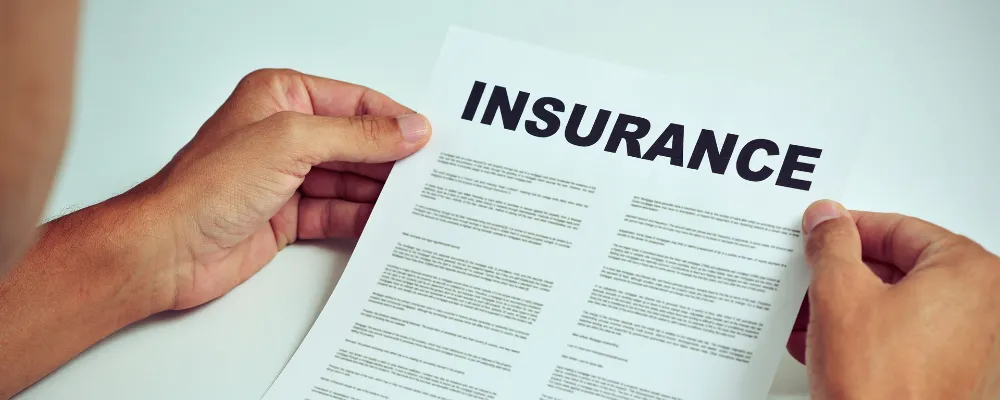
2. Consider additional coverage options
To enhance the protection for your AC unit, you may want to consider additional coverage options:
- Equipment breakdown coverage: Some homeowners insurance companies may offer equipment breakdown coverage as a supplement to your policy. This coverage extends protection for appliances, including your AC unit, against mechanical and electrical breakdowns, as well as improper installations. Adding this coverage can provide extra peace of mind and fill gaps in your standard policy.
- Home warranty: Another option is purchasing a home warranty for your AC unit and other appliances. Home warranties are separate from homeowners insurance and can cover repairs or replacements due to normal wear and tear. However, it’s important to note that home warranties can be expensive and coverage is typically limited to the items specified in the warranty. Home warranty companies also often only provide minimal funds for completing quality repair or replacement, so always proceed with caution when taking recommendations from your home warranty company.
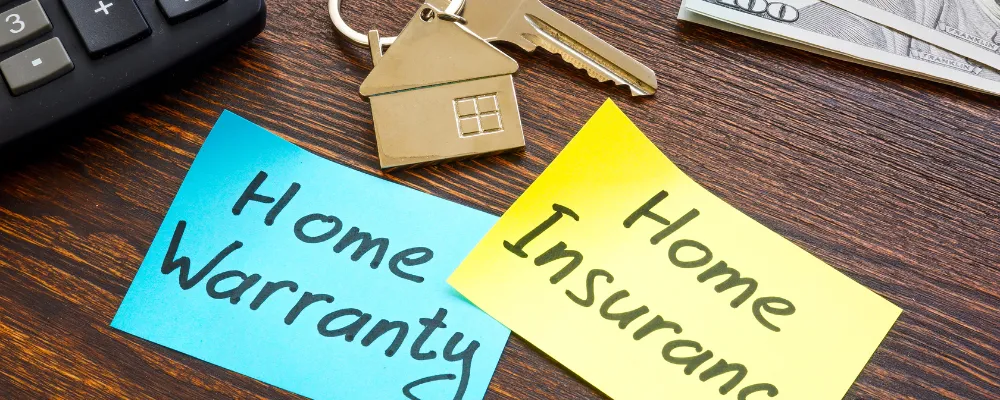
3. Take preventive measures
Prevention is key to avoiding AC-related issues and potential insurance claims. By taking proactive steps, you can reduce the risk of damage and ensure the longevity of your AC unit:
- Regular maintenance: Schedule routine maintenance for your AC unit to keep it in good working condition. This may involve cleaning or replacing filters, inspecting electrical connections, and ensuring proper airflow. Regular maintenance not only improves efficiency but also reduces the likelihood of malfunctions and breakdowns.
- Address drainage and clogging: Proper drainage is crucial to prevent water damage caused by AC leaks. Regularly check and clear any clogged drain lines or condensation pans. If you notice water pooling or signs of leakage, address the issue promptly to prevent further damage.
- Protect against pests: Rodents and pests can cause damage to your AC unit by chewing on electrical components and nesting in the ductwork. Seal potential points of entry to prevent infestations and minimize the risk of damage. Regularly inspect your property for signs of pest activity.
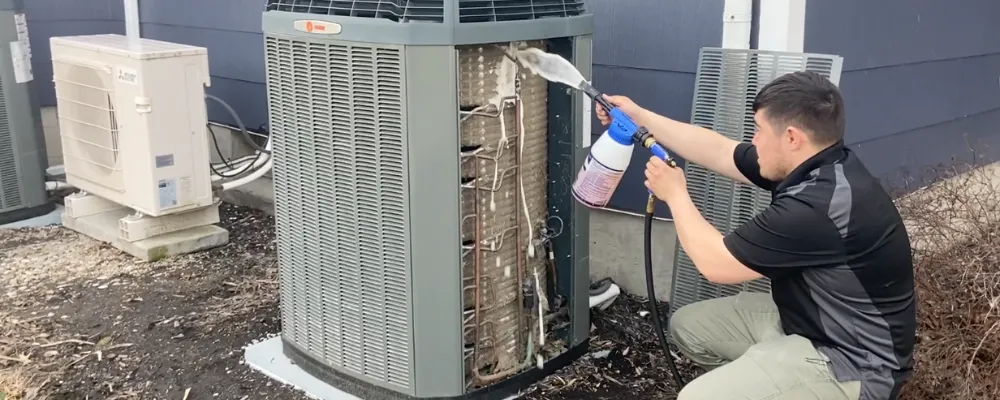
4. Document your AC unit and keep records
In the event of a claim, having proper documentation and records will greatly assist you. Consider the following steps:
- Take photos and keep receipts: Take clear and detailed photographs of your AC unit, including its installation, make, and model. Keep copies of receipts and invoices for the purchase and installation of your unit. This documentation will help establish the value and condition of your AC unit during the claims process.

- Maintain a home inventory: Create and maintain a comprehensive home inventory that includes your AC unit and other valuable possessions. Include relevant details such as purchase dates, serial numbers, and estimated values. This inventory will be useful for insurance purposes in case of theft, damage, or loss.
5. Understand the claims process
In the unfortunate event that you need to file an insurance claim for your AC unit, it’s essential to understand the claims process. Follow these general steps:
- Review your deductible: Evaluate the cost of repairs or replacement against your deductible. If the repair costs are close to or lower than your deductible, paying for the repairs out of pocket may be more practical instead of filing a claim.
- Gather evidence: Document the damage to your AC unit by taking clear photos and videos. Collect any supporting evidence, such as maintenance records, repair bills, and witness statements, to strengthen your claim.
- File the claim: Contact your insurance company to initiate the claims process. Follow the specific instructions provided by your insurer, whether it’s through an online portal, phone call, or contacting your agent directly.
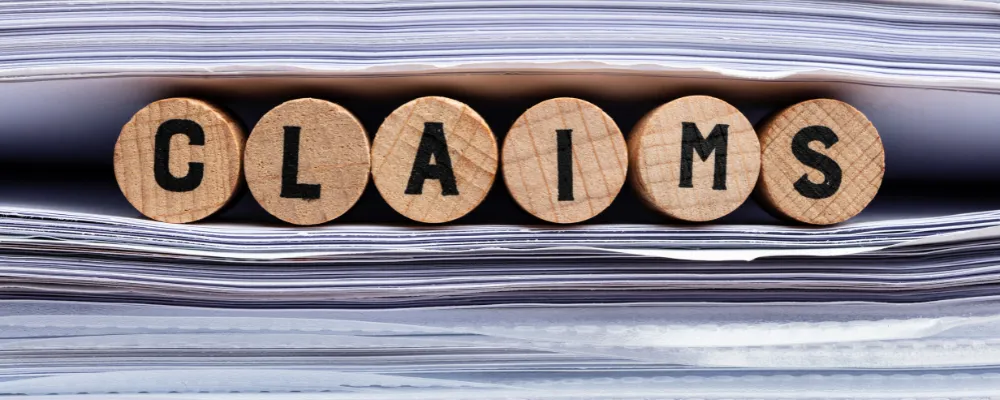
- Work with the claims adjuster: An insurance adjuster will assess the damage and estimate the cost of repairs or replacement. Provide them with all relevant information and cooperate throughout the process.
The Impact of AC Units on Homeowners Insurance
Your AC unit’s type, age, and condition can impact the insurance policy. For instance, a well-maintained central AC unit might command a favorable insurance rate compared to a neglected, unsafe HVAC system.
Influence on Insurance Rates
Insurance rates can vary depending on your AC unit type and the zip code where your property is located. A well-maintained and newer AC system might lower your insurance rates as it implies less risk for the insurance company.
How AC Units Affect Homeowner’s Liability
AC units may impact homeowner’s liability in various ways. If an AC unit causes damage to a neighbor’s property or if a visitor is injured due to a faulty AC unit, you might be held liable for the damages. Hence, it is essential to ensure that your AC unit and furnace are covered under the personal property coverage of your homeowner’s policy.
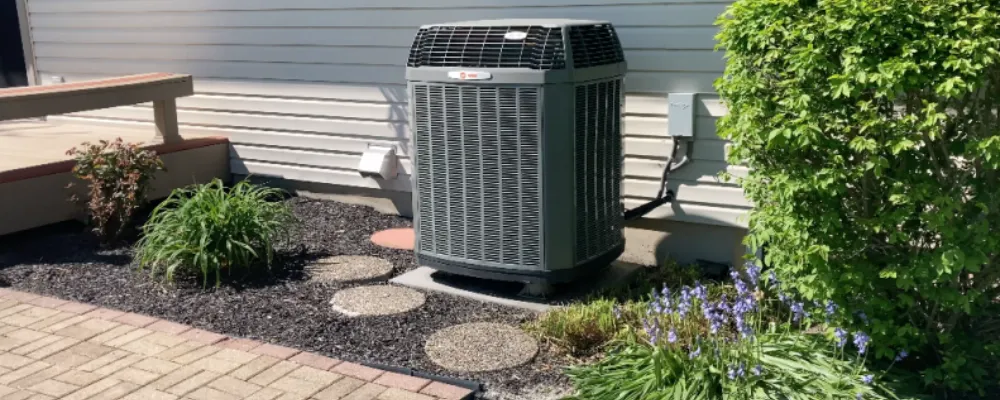
Energy Efficiency and Insurance Discounts
Some insurance companies offer discounts for energy-efficient homes. If your AC system is energy efficient, you may qualify for a discount on your homeowner’s insurance policy. Be sure to check about such discounts with your insurance policy provider.
Balancing Coverage Needs and Costs
While comprehensive coverage is beneficial, it’s equally important to balance your coverage needs and costs. Understanding your insurance policy terms, such as the deductible, coverage limit, and insurance disclosure, becomes crucial.
Leveraging Knowledge for Optimal Insurance Protection
Knowledge is power when it comes to homeowners insurance claims. Understanding the essentials of your homeowner’s insurance, the impacts of your AC unit on your policy, and the available insurance products can aid you in optimizing your insurance coverage.
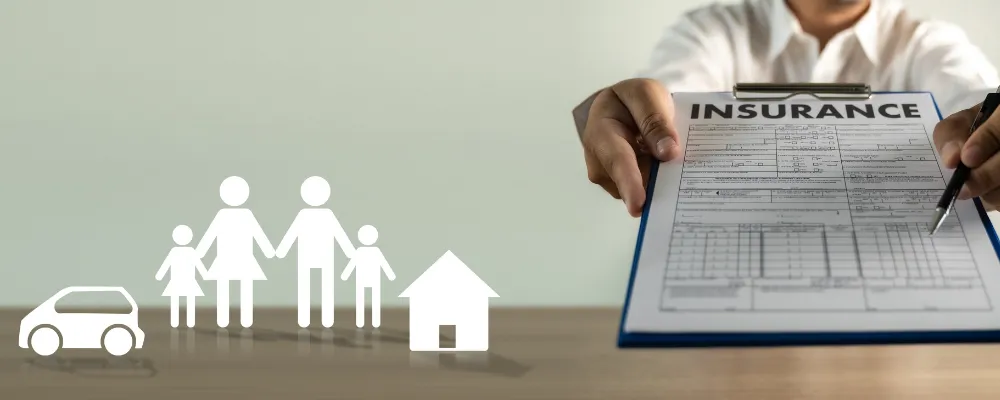
FAQs of Homeowners Insurance for AC Units
When understanding insurance policy terms or figuring out what an insurance company covers, navigating through the policy obligations can be complicated. This article addresses some frequently asked questions about the coverage of air conditioner (AC) units under homeowners insurance.
What Does Homeowners Insurance Cover?
A standard homeowners insurance policy typically offers financial protection against various perils such as fire, theft, or storm damage. However, concerns often come up about what it does and doesn’t cover in terms of specific items, particularly the AC unit. Always check the specific details of your particular homeowners insurance policy to fully understand your coverage.
Does Homeowners Insurance Cover My AC Unit?
Whether insurance covers AC problems depends on the specific policy and the cause of the issue. In general, standard homeowners’ insurance typically does not cover damage or repairs resulting from normal wear and tear, including AC malfunctions. However, if the AC problems are a direct result of a covered peril, such as a lightning strike or a fire, then the insurance policy may cover the costs of repairs or replacement. Reviewing your insurance policy or contacting your insurance provider to understand the specific coverage and exclusions related to AC problems is crucial. Additionally, some insurance policies may offer optional coverage specifically for appliances or home systems, which may include coverage for AC problems, but this would need to be purchased separately.
What About the HVAC System?
Considering the above, it is safe to infer that a homeowners insurance policy also protects the wider HVAC system, covering the boiler, furnace, heater, and other components, given that the damage occurs from a covered peril.
Does Homeowners Insurance Cover AC Damaged Due To A Power Surge?
Power surges, common across most households, contribute significantly to equipment breakdowns. In such cases, equipment breakdown coverage can offer protection. Carefully review the insurance disclosure to understand which incidents of damages come under the policy’s coverage limit.
How long do AC units last?
On average, well-maintained air conditioning units can last about 10 to 15 years. However, this can vary depending on various factors, including the quality of the unit, frequency of use, climate conditions, and level of maintenance. It’s important to have your AC unit regularly serviced and inspected to ensure its longevity and optimal performance.

